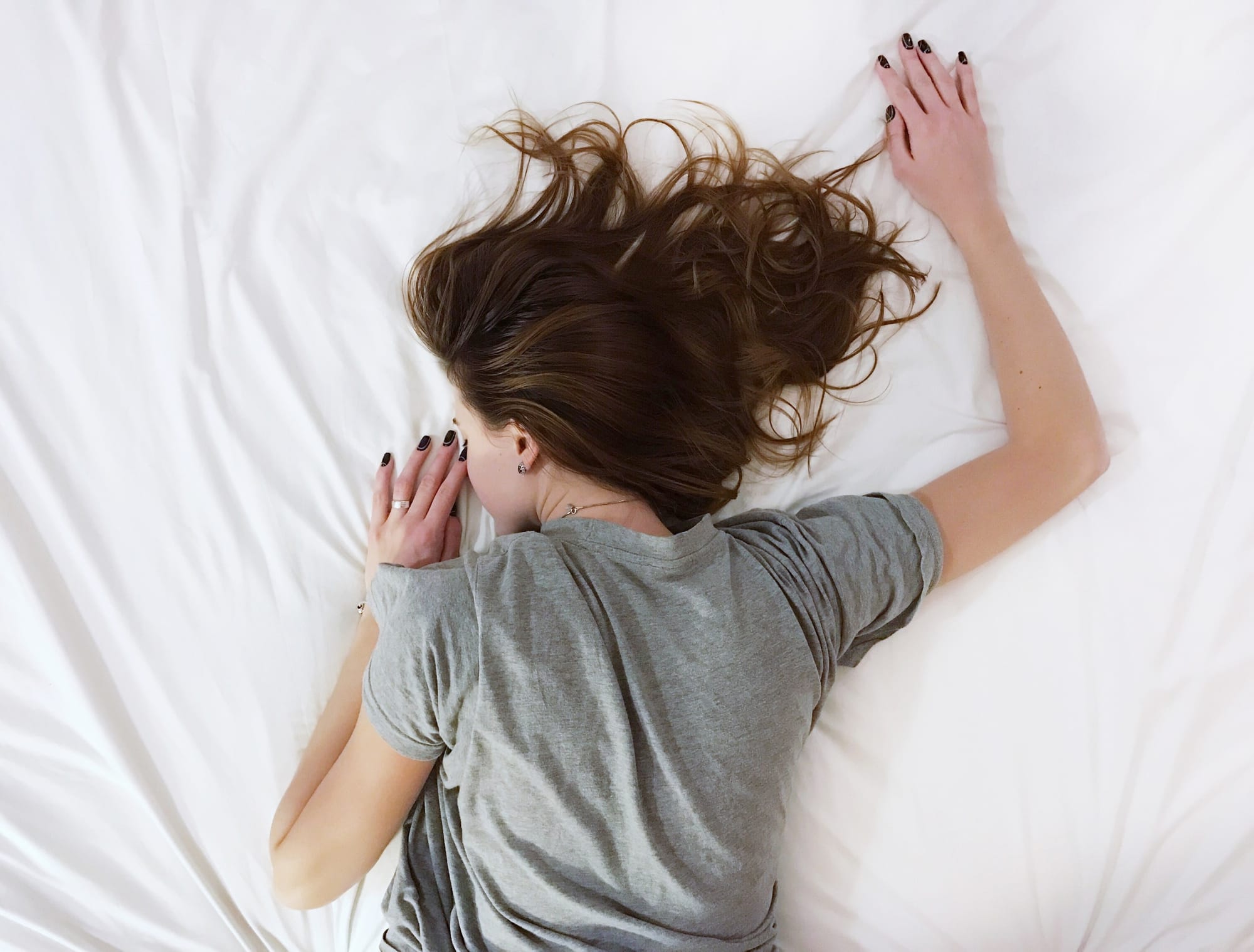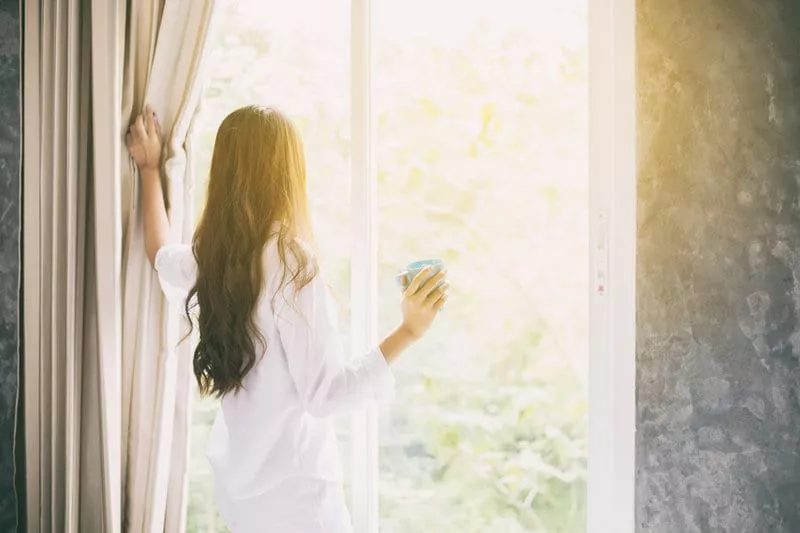Sleep Better!

A consistent sleep schedule is as incredibly important as are, good nutrition and physical exercise for our well-being.
But, the demands of our modern lifestyles have left many of us feeling overwhelmed and stuck, unable to effortlessly fall or stay asleep during the night.
Which has unfortunately led to chronic diseases becoming increasingly linked to sleep deprivation.
Have you tried everything to help you switch off at night, but nothing seems to work long term?
Don’t worry!
In this article I am going to share with you 5 proven sleep hacks―according to America’s most trusted expert on sleep―Dr Michael Breus, to help you create a life-transformative sleep schedule.
But before you set out to create a sleep schedule, it is advisable to first seek medical evaluation, if your sleeping problems are chronic, to rule out any underlying medical conditions that might be causing your sleeping disorder.
When you are ready, follow the 5-step sleep schedule action plan below, to start falling asleep easier and waking up feeling refreshed and fully alert in the morning.
1. Stick To A Consistent Sleep Schedule
It is important that you go to bed and wake up at the same time every day, even during weekends!
And even more important than when you go to bed, is when you get up.
So plan to wake up at the same time every morning, no matter what time you go to bed.
Dr. Michael Breus says, each person has an individual preferred sleep schedule based on their personal circadian rhythm, also known as a chronotype.
Apparently, it is a myth that we all need 7-8 hours of sleep each night.
And according to your chronotype, which you can learn more about here you might indeed need 8 hours of uninterrupted sleep each night to function optimally during the day, but you might also be one of those people who need less than 8 hours of sleep each night.
Knowing your chronotype, will help you greatly in creating an efficient sleep schedule suitable for you.
2. Give The Sun A High-Five Every Morning

Light is the key control of our day-night cycle, influencing everything from our body temperature to our metabolism and sleep.
It controls our brains, bodies, and hormones, helping us stay awake during the day and informing our bodies when it is time to unwind and get ready to sleep in the evening.
To sleep better at night, Dr. Breus suggests that you expose yourself to sunlight as early as possible in the morning for at least 15 minutes.
Step outside or open your curtains and sit close to a window with the light in your face.
And try to take as many breaks outside as often as you can during the day.
If necessary, use a light therapy lamp, especially in the short winter months.